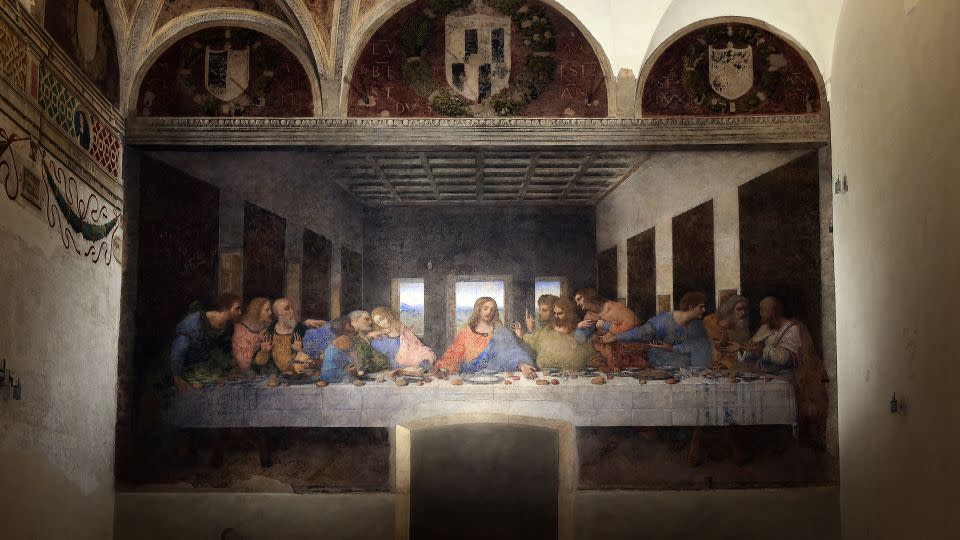Friday the 13th is a superstition that is deeply embedded in Western culture, with a name to describe the irrational dread of the date: paraskevidekatriaphobia. While Friday the 13th may feel like a rare phenomenon, the 13th of any month is slightly more likely to fall on a Friday than any other day of the week. However, this superstition is not universal, as in some countries, such as Greece and Spain, Tuesday the 13th is considered a day of bad luck. The origins of Friday the 13th can be traced back to various cultural and religious beliefs, including Norse mythology and Biblical traditions.
The superstition of Friday the 13th originated from the idea of both Friday and the number 13 being regarded as unlucky in certain cultures throughout history. In Norse mythology, Loki gate-crashed a banquet in Valhalla, bringing the number of gods in attendance to 13, which led to the death of Balder, the god of light. The story of the Last Supper, attended by Jesus Christ and his disciples on Maundy Thursday, added to the superstition surrounding the number 13. In the 19th century, Friday the 13th became synonymous with misfortune, especially with the publication of the novel “Friday, the Thirteenth” in 1907.
The superstition surrounding Friday the 13th was further popularized in the 1980s with the launch of the “Friday the 13th” slasher film franchise, featuring the iconic character Jason Voorhees. In Dan Brown’s novel “The Da Vinci Code,” the erroneous theory that the Knights Templar arrests on Friday, October 13, 1307, were the origin of the superstition gained traction. However, there is evidence that both Friday and the number 13 have been regarded as symbols of good fortune in pagan times. In Norse mythology, Friday was associated with the divine feminine, and the number 13 was believed to represent lunar and menstrual cycles.
As Christianity gained momentum in the Middle Ages, pagan beliefs were deemed unholy, leading to the demonization of goddesses associated with love, sex, fertility, and magic. Female deities like Frigg were branded as witches, further perpetuating the negative associations with Friday the 13th. However, with the growing awareness around misogyny and the silencing of powerful women throughout history, there is a shift in narratives surrounding the superstition. Figures like Taylor Swift, who considers 13 her lucky number, are helping to rewrite the reputation of Friday the 13th and the female deities associated with it. With more endorsements of luck and positivity, the legacy of Friday the 13th may change from fear to fortune.








